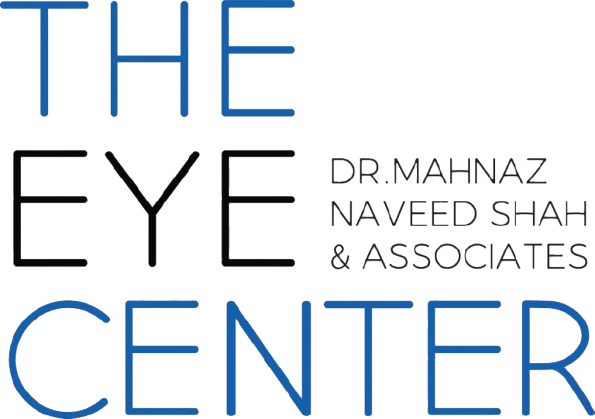Increased intraocular pressure can result in a variety of eye-related issues as well as serious conditions like glaucoma. This increased pressure has the potential to harm the optic nerve, resulting in serious vision issues and eventual blindness. Because of this, it is crucial to keep the eye pressure within a normal range.
Ocular hypertension, also referred to as high eye pressure, is a condition in which the intraocular pressure (IOP) of the eye rises over the usual range. Between 10 mm Hg to 21 mm Hg is regarded to be the typical ocular pressure range. Your ophthalmologist may recommend more testing and initiate high eye pressure treatment if they discover that the ocular pressure has risen above this range.
Although increased eye pressure cannot be regarded as a disease in and of itself, it may be a sign of another condition, such as glaucoma. Early detection and treatment of high eye pressure are essential since it can eventually result in optic nerve damage and significant visual impairment.
Knowing what high eye pressure means makes it vital to understand what causes the pressure to increase over normal. Overproduction of aqueous, slow aqueous drainage, trauma to the eye, and medications like steroids and steroidal eye drops are the most frequent reasons of high eye pressure. Increased eye pressure is also linked to other eye diseases such pigment dispersion syndrome, corneal arcus, etc.
High eye pressure can cause a number of symptoms, including pain inside the eye and around it, blurred vision, blind patches in the field of vision, red eyes, irritation and pain in the eyes, and headaches.
Your ophthalmologist may conduct certain tests to assess your IOP levels if you suffer one or more of the aforementioned symptoms in order to determine the best course of treatment.
Both medication and surgery are used to manage excessive ocular pressure. You will mostly be given prescription eye drops by your ophthalmologist to help lower the intraocular pressure. Your ophthalmologist could advise surgery if prescription medications and eye drops are unable to lower the excessive pressure. One of the most common and least invasive procedures used to treat issues connected to excessive ocular pressure is the laser.
At The Eye Center- Dr. Mahnaz Naveed Shah & Associates our team of eight ophthalmology subspecialists/ eye specialists, eye surgeons who are considered amongst the very best eye specialists in Karachi and in Pakistan, have the diagnostic and treatment capabilities to treat from the simplest to the most complex patients. We work hard to provide our patients with the best possible medical and surgical eye care, in a state of the art purpose built eye care facility. We offer the entire array of medical, laser and surgical treatments to help provide patients the best possible care in the most efficient, safe and ethical manner. Our lead glaucoma specialist Dr. Mahnaz Naveed Shah has been seeing both children as well as adults with glaucoma for over twenty years. Her expertise is respected throughout Pakistan. If you wish to consult Dr. Mahnaz for yourself or someone please contact us via our phone lines or our webpage.
